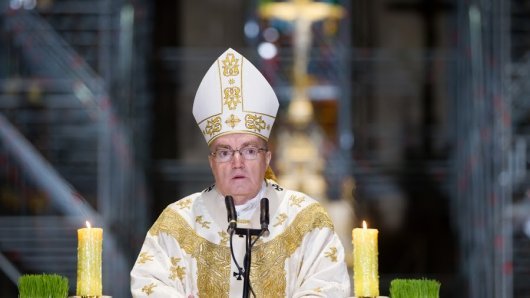Public Administration Minister Arsen Bauk has said that the dual-alphabet signs in Vukovar will be installed at public institutions in the eastern Croatian city of Vukovar "in due course and in an appropriate manner."
"There is no need to haste. The state has its institutions and laws, and those responsible for implementing those laws," the minister said in Vukovar on Tuesday where he attended ceremonies marking the 15th anniversary of the peaceful reintegration of eastern Croatia into Croatia's legal and constitutional order.
Bauk dismissed claims by some opponents of Cyrillic signs that those signs and plaques might be "put up secretly".
As for initiatives to amend some legislation Bauk said that the right place for that was the Croatian parliament.
A local representative of ethnic Serbs, Dragan Crnogorac, told reporters that he could not see any reasons for delays in the implementation of bilingualism legislation in Vukovar.
The Croatian Democratic Union (HDZ) branch in Vukovar-Srijem County and several associations of Homeland Defence War veterans and their families are outspoken critics of a possibility of setting up Cyrillic signs in Vukovar.
According to the 2011 census, local Serbs account for slightly over one third of the population in Vukovar, which enables them to exercise certain rights such as signs written in the alphabet this minority uses.
The opponents say that local Serbs, even those who participated in the aggression against and occupation of eastern Croatia, have been in the meantime amnestied and allowed to exercise many minority rights, which also enables some of them to be only formally registered in Vukovar but whose actual place of residence is in Serbia or Serb-populated areas in Bosnia and Herzegovina, which has led to "a contrived image of ethnic structure in Vukovar".
The association of doctors-volunteers in the Homeland Defence War on Tuesday warned that the introduction of dual-alphabet signs would undermine the current level of coexistence in that eastern Croatian city.





































